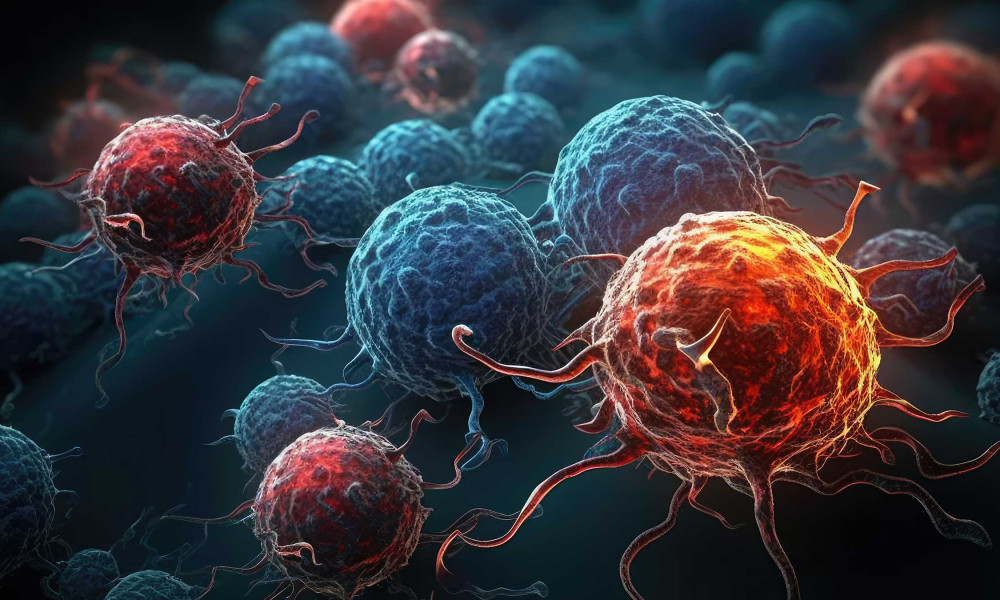Next-generation CRISPR tools and therapies improved by modified RNA guides
Clustered Regularly Interspaced Short Palindromic Repeats (CRISPR), a gene-editing tool, is a promising way to treat diseases by removing, adding, or altering sections of deoxyribonucleic acid (DNA) sequences. It is currently the most straightforward, most flexible, and accurate method of gene manipulation.
A new type of gene-editing tool, CRISPR-Cas13, has shown promise in RNA targeting. Previous studies have shown the tool as a potential treatment method for viral diseases, including coronavirus disease (COVID-19).
Researchers at the lab of Neville Sanjana at New York University (NYU) and the New York Genome Center (NYGC) have developed chemically modified guide RNAs for a CRISPR system that targets RNA instead of DNA.






